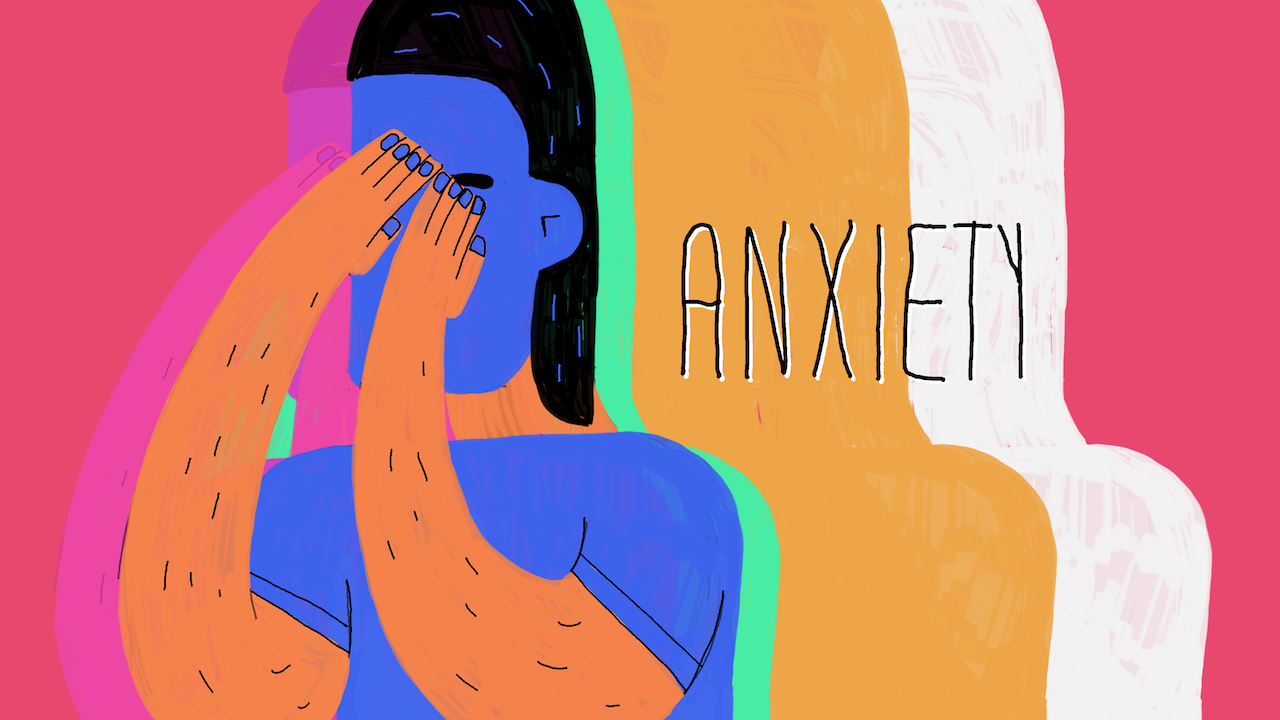The festive season comes with so many expectations – magical moments, picture-perfect family time – that we could easily neglect our emotional health as we try to live up to them.
Surrounded by tinsel, lights, family and festive cheer, it’s hard for some to imagine that anyone could feel lonely. Sadly, in the midst of this magical time, many people suffer their greatest periods of sadness and isolation. In fact, psychologists theorise that it is precisely the emphasis on family and togetherness, paired with the extended time off from work, that highlights feelings of loneliness.
Clinical psychologist Roz Veitch explains that, for most of the year, we may be able to distract ourselves with work or visits to friends, but with everyone focused on their own families during the festive period, a sense of loneliness may hit home. Past trauma around the holidays or the pressure to have a perfect festive season may escalate already fragile mental health.
What can you do if you are feeling isolated, lonely or depressed at this time of year?
Plan ahead
“People should look at how they felt over the festive season in previous years and aim to plan ahead. For instance, if being alone in your home feels bad, why not reach out to friends or colleagues who may be in a similar position and plan something together?” says Veitch.
She stresses that the solutions will be different for each person, but that looking at past experiences may offer some clues as to how you will feel, and what you can do to avoid it this year.
Change the story in your head
Feelings of isolation are often magnified by dwelling on them. Try not to spend time laser focused on the things you are missing out on, but rather think about what you can achieve.
“Why not imagine it as a time for spoiling yourself? Run a bubble bath, make a delicious meal, go for a walk in a park, watch your favourite movie and reflect on the successes of the past year?” suggests Veitch. “Having a whole day to ourselves is so rare that it’s possible you may start looking forward to the opportunity.”
Don’t drink alcohol
Having a drink may feel like a solution, but once you come down, it will only heighten the feelings of depression. This happens because alcohol is a depressant that alters the chemical balance in your brain, leading you to feel more alone than ever before.
Volunteer to help others
It’s important to realise that you are not actually alone: many other people are also struggling during the holidays. Offering to volunteer with charities or religious organisations that are geared towards helping people at Christmas can give your day both focus and purpose.
“It can be incredibly life-affirming to help others, which – together with the sense of community that comes from assisting others in need – is often enough to lift people out of their dark places,” says Veitch.
Reach out
Just letting someone know how you are feeling can be a great relief. Tell those around you that you will be alone over the holidays and try to schedule a phone call with a friend or family member to give you something to look forward to. If that isn’t an option, the South African Depression and Anxiety Group can help with a counsellor’s contact details.




